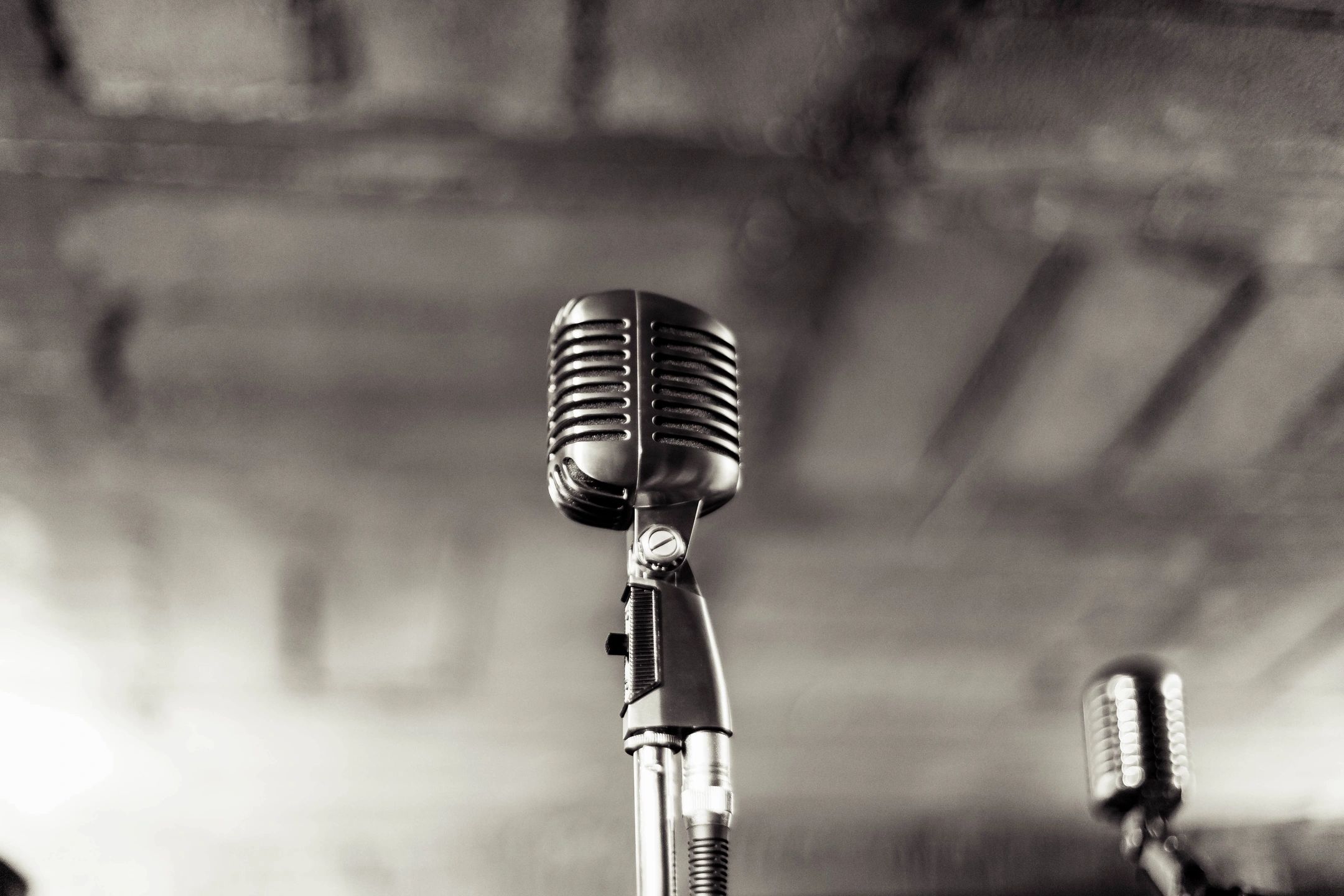It’s natural to feel nervous before embarking on something that you really want to excel at. It happens to all of us, for almost any undertaking, and in many cases it never really goes away. Nervousness is natural and, in the case of singing, it can actually be a good thing because it will help you concentrate your focus when performing in front of other people.
On the other hand, though some nervousness is fine, too much is always a bad thing. For a start, it can cause you to panic, which will make your voice sound small and weak. In the worst-case scenario, it can negatively affect all aspects of your singing through sheer stress, or even prevent you from beginning the performance at all.
Why are we talking about this now, before we’ve sung a single note? Because banishing those nerves from the very beginning is the best way to ensure they stay at a level you can manage when you take your singing career to the next step. Whether you are learning to sing as a hobby or looking to turn professional, you will at some point find yourself singing in front of others. Addressing that fact right away will help you sing publicly without crushing fear. It’s something you ought to look forward to, rather than dread.
To keep your nerves at a manageable level, try one or more of these ideas:
- Practice until you know your material perfectly and have every word and note committed to memory. If you feel confident that you can sing without forgetting the words, you’ll feel much more at ease when the song begins.
- Practice with someone else in the room. Many people feel confident in their talents until the moment they are in front of an audience, when they immediately clam up. If you practice with even a small audience, you’ll get used to being seen and heard as you sing.
- Make sure to warm up before the performance. This will help you prepare physically, while also relaxing you by putting you in a state of readiness.
- Be positive! Worrying about making a mistake or messing up is the best way to sabotage yourself. Instead, take any chance of failure away by affirming to yourself that you not only can do well, you will do well. Your subconscious mind will follow suit, thinking positively and feeling less inclined to allow nervousness to creep in.
- Remember that this performance is just a few short moments within a very long lifetime. It won’t last forever and will be over more quickly than you expect. Win, lose or draw, you will get past this and be better for the experience.
You may also find yourself developing nervous ticks, twitches and other small movements as you prepare to sing. What’s happening in this scenario is that you have more energy available to your body than you are currently making use of – while it may feel as though nerves are getting the better of you, that’s not necessarily the case. Singing requires that you stand fairly still; having too much energy to do that successfully is natural, and it can be fixed.
Watch yourself sing in the mirror to see if your eyes wander around, your weight is shifting about or you’re wiggling or twisting your fingers. If any part of your body is not remaining still, excess energy could well be the problem.
Continue to watch yourself sing so you become familiar with when this happens and more aware of what your body is doing. When you see a nervous tick begin to manifest, start to move around a little while you sing. After a few moments, stop moving but continue to hold your body in the same way, as though preparing to start moving again any second. This will help your energy flow and give you the freedom to use that excess, which will help you relax and concentrate on your singing.
It’s all well and good to know which vitamins and minerals help reduce the symptoms of anxiety, but you can’t just go out and buy a bunch of supplements and expect to turn your life around. Anxiety ingrains itself into your life, and it’ll take more than a few pills to banish it for good. Consider switching from processed oils -like vegetable oils to natural ones. You can use an air fryer to cut the fat content of the food you cook too.
What the anti-anxiety diet aims to do is take the foods that are rich in these “feel good” compounds and use them to create a new diet plan specific to your needs that serves as the basis for a healthier life overall. It’s not enough to just eat differently – you have to live differently, too.
About the Author:
Ryan is a foodie blogging for goairfryer.com He writes from Wyoming; where he lives with his wife, two daughters and an impatient golden retriever.

